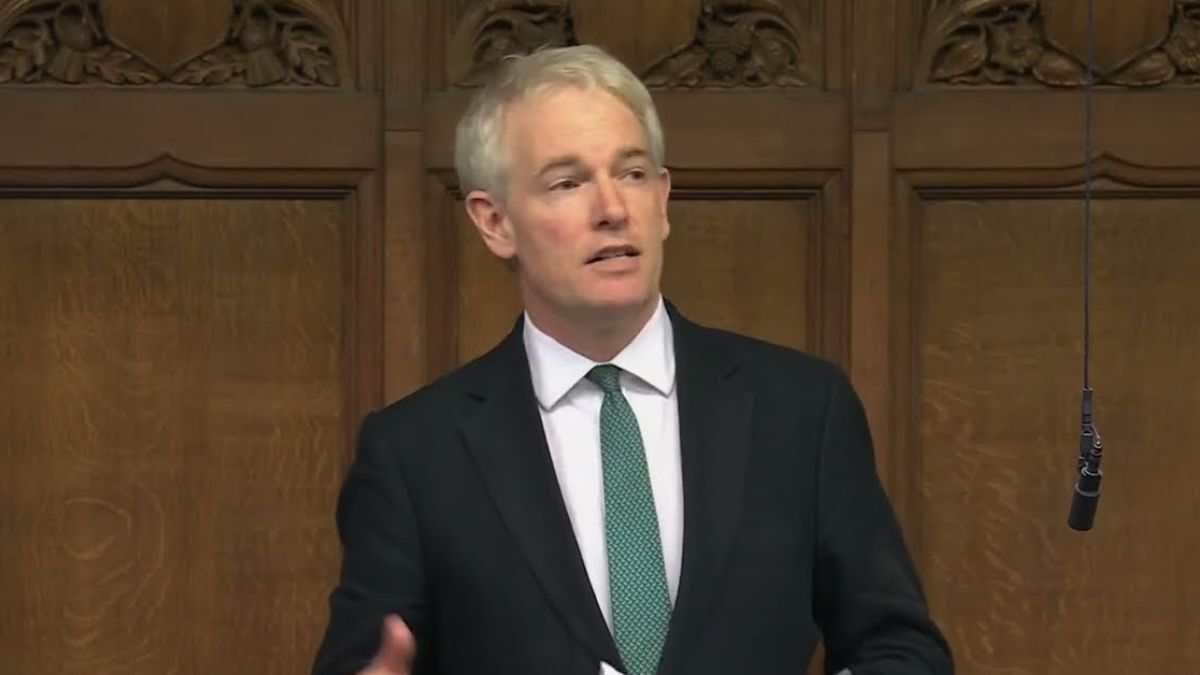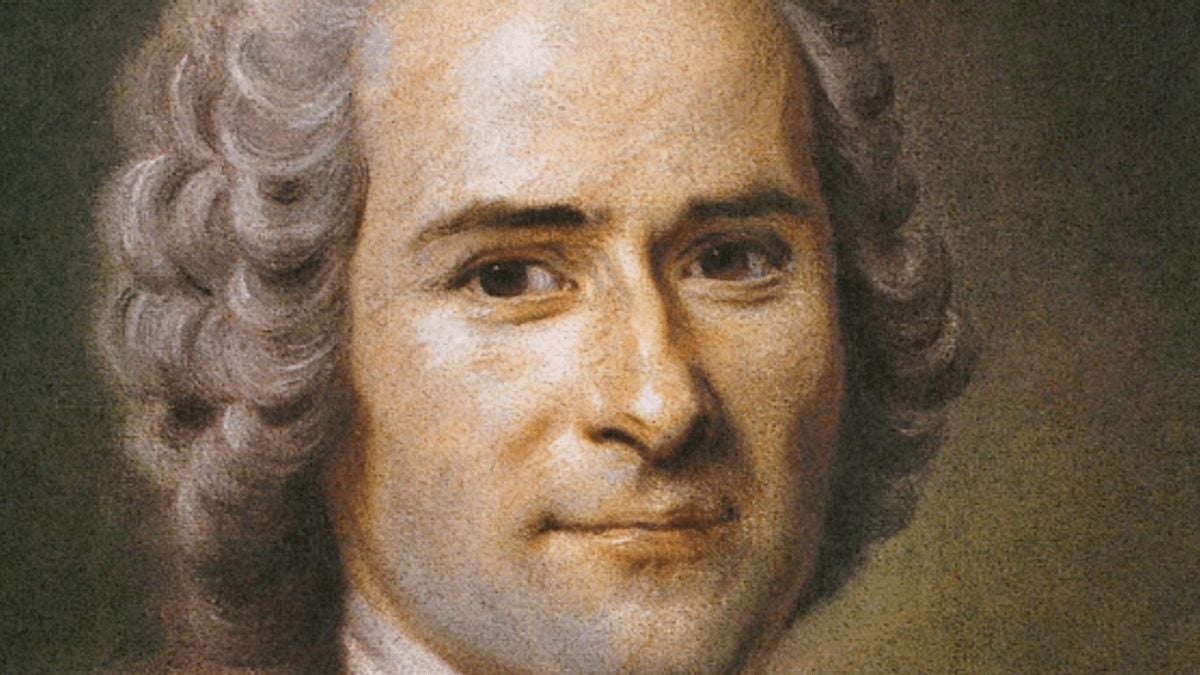A Voice in the English Wilderness
Authors: John Stonestreet and Dr. Timothy Padgett
3 min read
 Breakpoint
:
Aug 21, 2025 4:00:00 AM
Breakpoint
:
Aug 21, 2025 4:00:00 AM

Authors: John Stonestreet and Dr. Timothy Padgett
In a recent guest essay in The New York Times, three medical doctors proposed a solution for the lack of suitable organs available for transplant in the United States. Because an estimated 15 people die every day waiting for a transplant, they said, “We need to broaden the definition of death.”
Their basic argument is that because the existing medical definition of death is too narrow, good organs are left on the table. Most organs donated for transplant can only be taken from someone who is clinically dead, meaning that the person’s heart has stopped or there is no brain activity even if the heart continues. The crisis, according to the authors, is because too many viable organs are damaged by a lack of blood flow or not enough people are dying with an active heart but a dead brain. Thus, they argue:
The solution, we believe, is to broaden the definition of brain death to include irreversibly comatose patients on life support. Using this definition, these patients would be legally dead regardless of whether a machine restored the beating of their heart.
In other words, people in “irreversible” comas should be considered dead, so that, as long as a person had consented to organ donation, “removal would proceed without delay.”
Not only are the authors asking all of us to ignore the countless accounts of miraculous cases in which people emerged from comas thought to be “irreversible,” but also many cases in which patients were rushed to death in order to secure their organs. They’re also asking us to ignore the movies.
Back in 1978, Michael Crichton, author of Jurassic Park, directed a TV movie called “Coma,” starring Michael Douglass. In it, a young medical student discovers that otherwise healthy young people are slipping into comas. The cause is a group of doctors hoping to harvest organs, using many of the same arguments offered in The New York Times piece.
As a whistleblower from the U.K. warned on X in a post that featured an interview with Dr. Paul Byrne:
You cannot take organs from a cadaver. The best organ donors have a beating heart, a circulation, under 30 years old and ideally on a ventilator. Basically, someone is being murdered to give someone else organs. The entire brain dead scenario is a lie.
Ethical scenarios like this were unthinkable until quite recently in human history. Until a few decades ago, a broken or diseased organ was a death sentence. There wasn’t much doctors could do. In 1967, doctors pulled off the first heart transplant. Since, thousands of lives have been saved through organ transplants.
And yet, somehow, this groundbreaking and remarkable life-saving medical innovation became a crisis. The ability to transplant organs has become a shortage of organs. Because there are more people that can be saved, we are told there are more people who should die.
This kind of moral reductionism of human beings is both degrading and dangerous. As Wesley J. Smith said at National Review in response to the Times piece:
We must not yield to the utilitarian temptation in health care. Pretending that a patient is dead does not make him deceased. This proposal—and others like it—have the awful potential to seriously corrode trust in the ethics of transplant medicine among an already wary public.
A utilitarian view of things would say that if we can do something, we must do something. If good results, the end will justify the means. Obviously, the Bible is silent on organ donation, but it rejects an “end justifies the means” approach to moral decisions. In the biblical view, humans cannot be reduced to mere bodies, nor can bodies be reduced to disposable and unimportant flesh.
In his book, Bioethics: A Primer for Christians, Gilbert Meilaender wrote:
This is the sort of slippery slope on which we stand if we permit ourselves to believe that ours is the godlike responsibility of bringing good out of every human tragedy. … Only by supporting organ transplantation in ways that do not lose the meaning of the body as the place of our personal presence, in ways that preserve the possibility of a humane death, and in ways that do not imply that staying alive as long as possible always has moral trump, can we become people who give thanks for medical progress without worshiping it or placing their trust in it. In becoming such people, we may bear a different kind of life-giving witness to our world.
Struggling through difficult questions surrounding the meaning of death and organ donation is not optional for the Church. To paraphrase C.S. Lewis, good ethics are necessary if for no other reason than bad ethics exist. These doctors aren’t the first to make the horrific suggestion that we should pronounce alive people dead. Nor will they be the last. Christians, who believe that God makes dead people alive, should be the first to speak out and suggest a better way.

Authors: John Stonestreet and Dr. Timothy Padgett
.jpg)
Authors: John Stonestreet and Dr. Timothy D. Padgett

Authors: John Stonestreet and Dr. Timothy Padgett